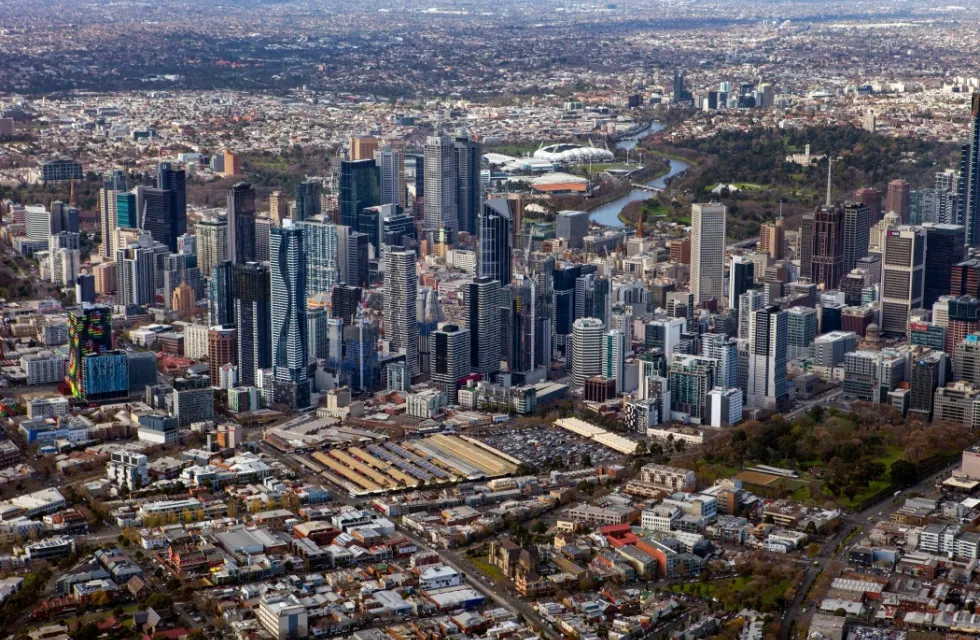"The circular economy is a system where materials never become waste and nature is regenerated. In a circular economy, products and materials are kept in circulation through processes like maintenance, reuse, refurbishment, remanufacture, recycling, and composting. The circular economy tackles climate change and other global challenges, like biodiversity loss, waste, and pollution, by decoupling economic activity from the consumption of finite resources."
Source: Ellen McArthur FoundationOpens in new tab
For example, a disposable coffee cup is made for one-time use in a linear economy. However, when you switch from a disposable cup to a reusable one, you're embracing a circular economy, where we create less waste by designing materials for multiple uses.
Our mission revolves around promoting key circular principles, which include:
- Design Out: preventing the generation of waste.
- Slow the Loop: extending the lifespan of products.
- Close the Loop: recapturing valuable resources.
- Regenerating Nature: embracing the overarching principle of the circular economy.
Kensington Circular Economy Precinct
Following a feasibility study and stakeholder engagement, the Kensington precinct has been identified as City of Melbourne’s first Circular Economy Precinct.
The Kensington Circular Economy Precinct program provides retail, hospitality and grocery store owners support needed to implement circular solutions in a selection of grocery stores and hospitality businesses. The success of the program will see Kensington become Australia’s first Circular Economy Precinct.
Businesses wishing to take part in the program will see the costs of implementing certain circular economy solutions covered by the City of Melbourne.
This includes (but is not limited to):
- a reusable milk keg system, designing out milk bottles valued at approximately $1500
- reusable coffee cup and takeaway container program, with start-up bundles valued at $420 each
- access to hard-to-recycle streams (soft plastics and coffee grounds).
How to be part of Kensington’s Circular Economy Precinct
There are numerous ways to be part of the circular economy precinct. As a customer, you can be part of the circular economy precinct by:
- Starting your day by purchasing your coffee at one of the partnered cafes equipped with the Udder Way system, which replaces plastic milk bottles with reusable kegs.
- Requesting that coffee in a Huskee reusable coffee cup or other reusable option.
- Requesting your takeaway food in a RePlated reusable container made from ocean bound plastic.
See the list below for all the participating businesses:
- Rollin169 - 169 Rankins Road, Kensington
- Double Dutch Bakery - 61 Stubbs Street, Kensington
- Grounded House - 499 Macaulay Road, Kensington
- Kensington Canteen - 100 Bakehouse Road, Kensington
- Bakery Hill Distillery - 411 Macaulay Road, Kensington
- Bonehead Brewery - 86 Parsons Street, Kensington
- White Rabbit - 176 Bellair Street, Kensington
- Fruits of Passion - 188 Bellair Street, Kensington
- Argi - 512 Macaulay Road, Kensington
- Local Folk - 43 Epsom Road, Kensington
- Nubilum Distilling - 22 Thompson Street, Kensington
Don’t see your favourite local café on the list? Ask them to register to participate in the precinct by contacting circulareconomy@melbourne.vic.gov.au
You can also be part of this circular economy precinct through its local compost hubs. These hubs provide a convenient place for businesses and community members to responsibly dispose and recover their food waste. See the list below for local compost hubs.
- The Venny - 85 Kensington Roadd, Kensington
- Kensington Community Children's Co-Operative - 81B Altona Street, Kensington
- Kensington Town Hall - Rear, 30-34 Bellair Street, Kensington 3031
- Kensington Food Forest - 56 Derby Street, Kensington
- Kensington Estate - 56 Derby Street, Kensington
Additionally, the project funds recurring repair hubs where you can bring household items in for repair, further contributing to the circular economy and reducing waste. See below schedule for some upcoming repair hubs.
- 17 March Kensington Market 76, Kensington Town Hall, 11am to 3pm
- 24 March Christ Church Hall, 76, McCracken Street, Kensington, 1pm to 4pm
- 14 April Assemble / Cassette Cafe, 399 McCaulay Road, Kensington, 1pm to 4pm
- 28 April Christ Church Hall, 76, McCracken Street, Kensington, 1pm to 4pm
- 5 May The Hub, Kensington Estate, Ormond Road, 1pm to 4pm
- 26 May Christ Church Hall, 76, McCracken Street, Kensington, 1pm to 4pm
- 23 June Christ Church Hall, 76, McCracken Street, Kensington, 1pm to 4pm



